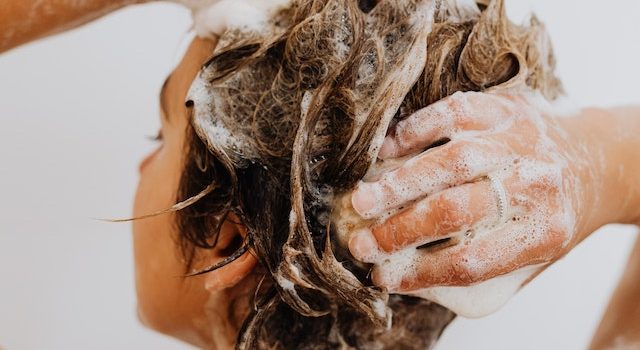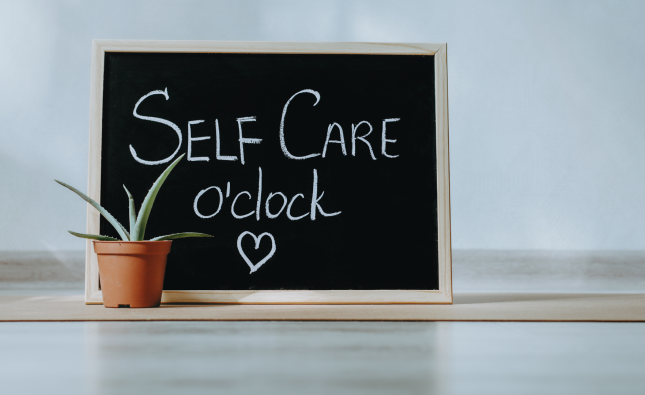
Introduction:
Caffeine shampoo has become a popular product in the realm of hair care, with claims of promoting hair growth and preventing hair loss. However, it’s essential to understand the truth behind these claims and the scientific evidence supporting the use of caffeine shampoo for hair growth. In this article, we’ll explore what you need to know about caffeine shampoo and its potential effects on hair growth.
1. Understanding Caffeine Shampoo:
Caffeine shampoo is formulated with caffeine, a natural stimulant found in coffee, tea, and other beverages. When applied to the scalp, it is believed to penetrate the hair follicles and stimulate hair growth. Additionally, caffeine is thought to counteract the effects of dihydrotestosterone (DHT), a hormone associated with hair loss.
2. Scientific Evidence and Studies:
While the idea of using caffeine for hair growth sounds promising, the scientific evidence supporting its efficacy is limited. Most studies conducted on caffeine and hair growth have been in vitro or animal studies, making it challenging to translate the findings directly to human hair growth.
3. Effects on Hair Growth:
Some studies suggest that caffeine may have the potential to promote hair growth. It is believed to extend the anagen (growth) phase of the hair follicles, stimulate blood circulation, and enhance hair shaft elongation. However, more research is needed to validate these findings and understand the exact mechanisms by which caffeine affects hair growth in humans.
4. Considerations and Limitations:
a. Individual Variations: Hair loss is a complex issue influenced by various factors, including genetics, hormones, and overall health. The effectiveness of caffeine shampoo may vary among individuals, depending on the underlying cause of their hair loss.
b. Scalp Penetration: The ability of caffeine to penetrate the scalp and reach the hair follicles in sufficient concentrations is still a topic of debate. The effectiveness of caffeine shampoo may depend on its formulation, concentration, and other factors that affect its absorption.
c. Complementary Measures: Caffeine shampoo alone may not be sufficient for addressing hair loss. A holistic approach, including a balanced diet, proper hair care, stress management, and, if necessary, medical interventions, is important for overall hair health.
5. Other Hair Growth Strategies:
While the effectiveness of caffeine shampoo is not definitively proven, several other evidence-based strategies can support hair growth:
– Nutritious Diet: Consuming a balanced diet rich in vitamins, minerals, and proteins can promote healthy hair growth.
– Gentle Hair Care: Avoid aggressive brushing, excessive heat styling, and harsh chemical treatments that can damage hair. Treat your hair gently to minimize breakage.
– Medical Interventions: Consult with a dermatologist or healthcare professional for proven treatments such as minoxidil or finasteride, which are FDA-approved for treating hair loss in certain cases.
Conclusion:
While caffeine shampoo has gained popularity for its potential benefits in promoting hair growth, the scientific evidence supporting its effectiveness is limited. It’s important to approach caffeine shampoo with realistic expectations and understand that its effects may vary among individuals. Incorporating a comprehensive approach to hair care, including a healthy lifestyle, proper hair care practices, and, if needed, medical interventions, can contribute to maintaining healthy hair growth. Consulting with a healthcare professional can provide personalized guidance on addressing hair loss concerns and determining the most appropriate treatment options.










